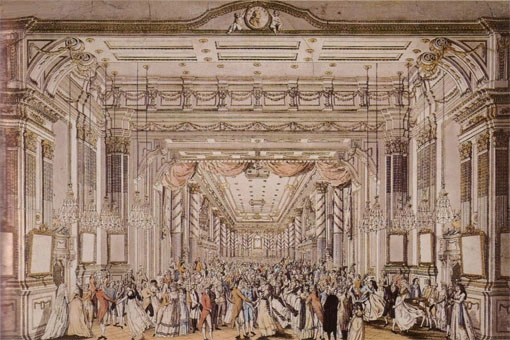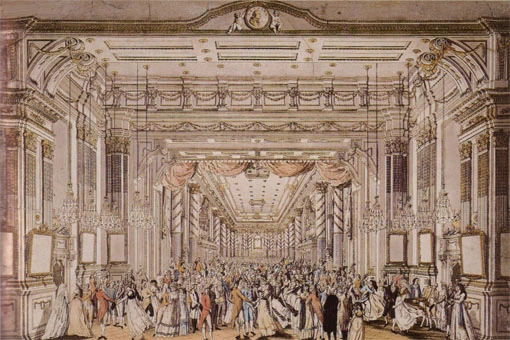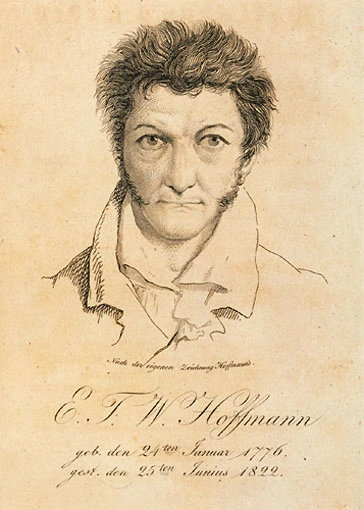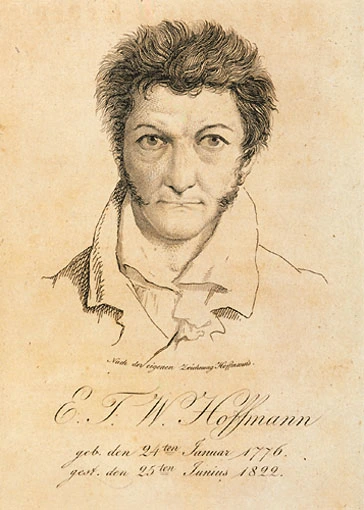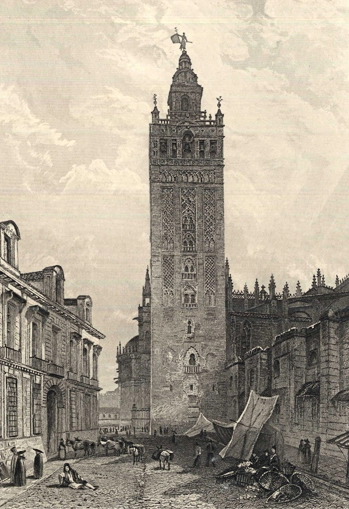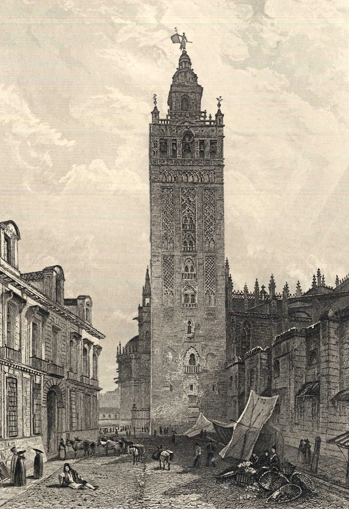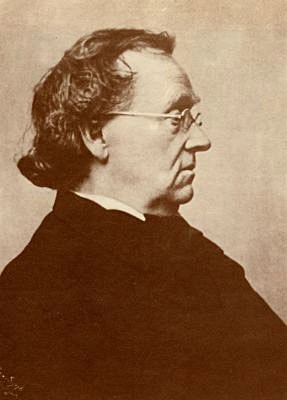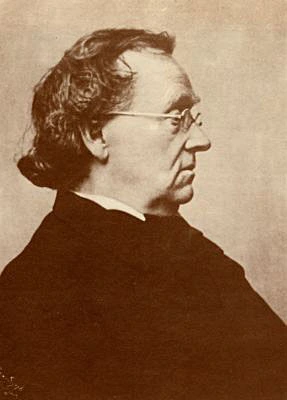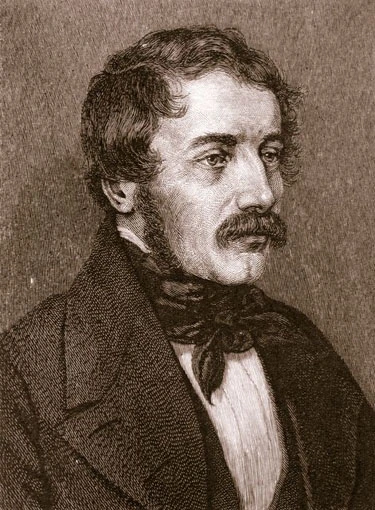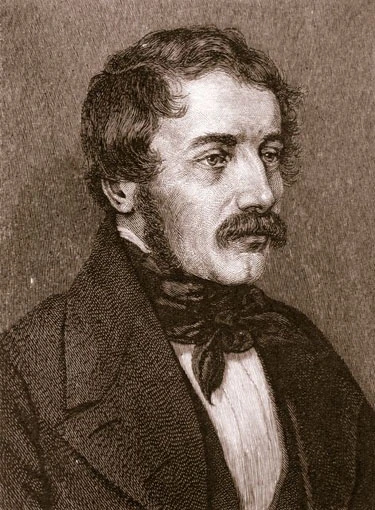The Don Juan myth (1787)
The tale of the unscrupulous trickster Don Juan is one of the great source works of world literature and has challenged countless authors and artists again and again. The first to take on the challenge was the Spaniard Tirso de Molina (real name Gabriel Tellez, 1584–1648), who adapted Don Juan for the stage in El burlador de Sevilla y convidado de piedra (The Trickster of Seville and the Stone Guest).
Many more would follow in Tirso de Molina's footsteps, from Byron, Molière, E. T. A. Hoffmann and Nikolaus Lenau to Ödon von Horvath, Max Frisch and Peter Handke, to name but a few. The treatment of Don Juan in all these works reflects the eras in which they were written. For example, while Tirso de Molina's Juan is forced to confess his sins before embarking on his journey to Hell, Molière's trickster shows no remorse whatsoever, claiming that “No, that is not to say I would be prepared to repent, come what may!”
E. T. A. Hoffmann
E. T. A. Hoffmann
E. T. A. Hoffmann
E. T. A. Hoffmann
E. T. A. Hoffmann
E. T. A. Hoffmann
Mozart's opera, officially entitled Il dissoluto punito o sia Il Don Giovanni (The Rake Punished, or Don Giovanni), was the second work to be produced together with his librettist Lorenzo da Ponte. Work on the project continued until the very last minute – the overture was finished just hours before the premiere – and the opera was performed for the very first time in Prague, at what was then called the Gräflich Nostitz'sches Nationaltheater. The historic venue is now known to Czechs as the Stavovské divadlo, and to English-speakers as the Estates Theatre. It was an overwhelming and immediate success in Prague, though audiences in Vienna took time to warm to it.
Overture
Don Giovanni
Don Giovanni
Don Giovanni
The opera has been subjected to a wide variety of psychological interpretations, including those based on Mozart's own biography. For example, the overbearing father figure of the Commendatore in Don Giovanni is often equated with Mozart's relationship with his own father. Leopold Mozart died a few months before the opera's first performance on 28 May 1787. His death deprived Wolfgang Amadeus of a dominant father figure who played a significant role in his son's development as an artist.
Don Giovanni
Don Giovanni
Don Giovanni
Don Giovanni
It is not just the character of Don Juan who has inspired literature; Mozart's opera itself has influenced a number of literary works in its own right. E. T. A. Hoffmann's novella Don Juan, for example, blends the plot of the opera and a visit to the theatre together. In true romantic tradition, the fates of the characters on the opera stage are interwoven with those of the performer and the listener. On the other hand, in Eduard Mörike's novella Mozart auf der Reise nach Prag (Mozart's Jouney to Prague), the world premiere of the opera is the backdrop to a very personal portrait of the composer as an artist.
Eduard Mörike
Don Giovanni
Don Giovanni
Don Giovanni
Don Giovanni
Don Giovanni
Don Giovanni
Don Giovanni
Don Giovanni
